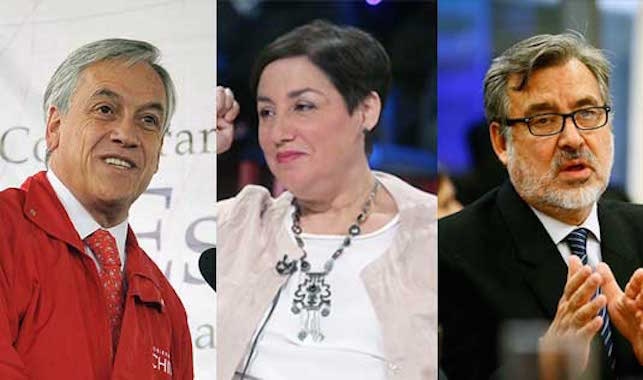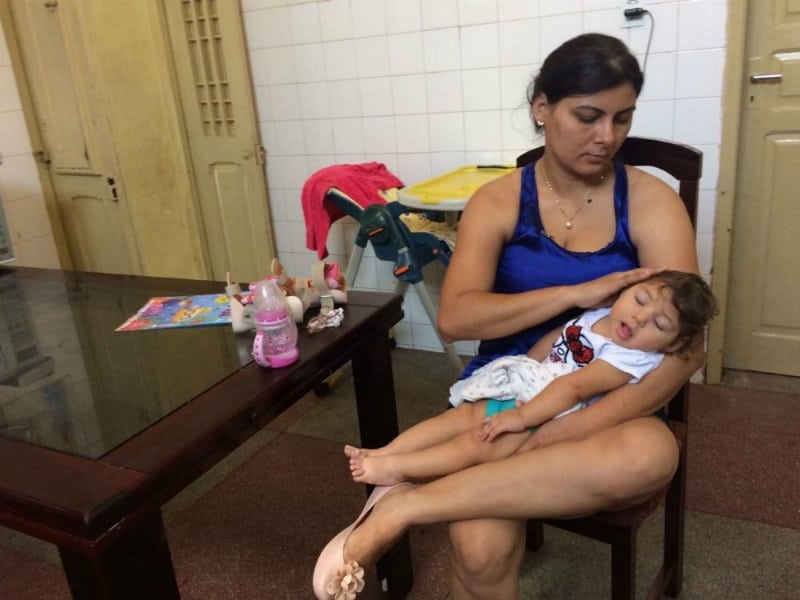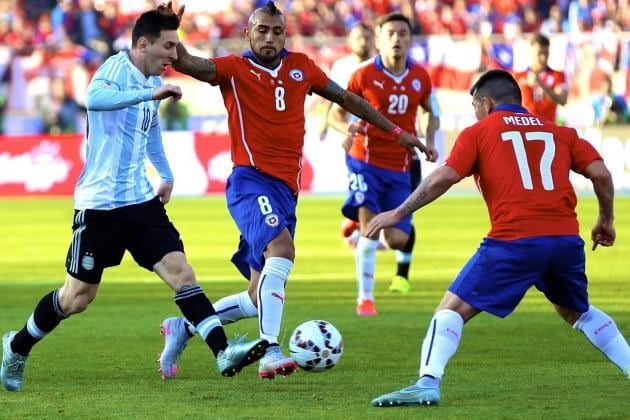
Boris van der Spek / The Santiago Times Staff
SANTIAGO – With a very low turnout former-president Sebastián Piñera won the first round of the presidential elections in Chile. In the second, decisive round the rightwing millionaire will face Alejandro Guillier, a leftwing Senator and former news anchorman. The Santiago Times analyzes the second round and the chances of both the candidates.
With nearly 36% of the votes Sebastián Piñera won the first round of the presidential elections in Chile. But the celebration the so-called favorite had hoped for didn’t turn out to be as joyful as expected, as the second and decisive round of the presidential elections will prove to be a bigger obstacle than his team thought it would be. Mario Desbordes, member of Piñera’s team, even told The Santiago Times hours before the final results that “he wouldn’t be surprised if Piñera would win the elections in the first round. And if not in the first round, we’ll do it in the second round. A presidency of Guillier is something I don’t see happening.”
Mario Desbordes (RN) ¨There are only two scenarios: Piñera wins in the first or in the second round. I don´t see another candidate becoming president.¨ pic.twitter.com/zbi12Kw4nk
— SantiagoTimes (@SantiagoTimes) November 19, 2017
But after last night reality is that chances for Alejandro Guillier have increased, all thanks to the biggest surprise: Beatriz Sánchez with her Frente Amplio, who won just over 20% of the votes. The former journalist wasn’t expected to get more than 15% of the votes, but after last night it seems that especially the younger generations in Chile are done with seeing the same faces in politics all over again, helping Frente Amplio, popular under students, to a significant presence in the Chilean Congress and a force to be reckoned with, by both Guillier and Piñera.
Frente Amplio, to get 22 seats at the Congress and 1 seat at the Senate
— SantiagoTimes (@SantiagoTimes) November 20, 2017
Because the fact that Alejandro Guillier is leftwing and Beatriz Sánchez with her Frente Amplio is too, does not automatically mean that Guillier can count on the backing of Sánchez’ supporters. A significant part of the electorate of Frente Amplio considers Guillier as part of the elite and would see it as treason to vote for him. Voting for Guillier is something they would do only to make sure Sebastián Piñera won’t end up in La Moneda for a second term.

Alejandro Guillier, who himself won 22% of the votes, has gotten support from another left-wing candidate, Marco Enriquez-Ominami, also known as ME-O. Assuming that all the people who voted for ME-O would vote for Guillier, the total amount of votes for Guillier in the second round would be 28%. Not even close to what his opponent Piñera got in the first round, so the need for Guillier to get support of Frente Amplio is urgent, and the question is whether Sánchez supporters will see him as a good alternative, or if they stay home, like more than half of the Chilean population did in the first round (only 46% of the registered voters used their right to vote).

For Piñera the second round won’t be easy either. Although he won, he didn’t win with the percentage the polls expected (36% of an expected 44%). He has received support of another surprise in these elections: the independent candidate José Antonio Kast. The ultra-right-wing candidate received nearly 8% of all the votes and already met with Piñera in the aftermath of the elections. But another candidate, who herself lost dramatically, could prove decisive in the final round. Carolina Goic, candidate for the christen democratic party PDC, only received 5,8% of the votes. A historic loss for her party, who delivered the first presidents (Aylwin Azócar in 1990-1994 and Frei Ruiz-Tagle in 1994-2000) after the dictatorship of Pinochet. But still, if we do our math hypothetically, the number of votes Goic received could be key in the outcome of the second round:
A possible left-wing alliance of Guillier (22,8%) + ME-O (5,7%) + Sánchez (20,3%) = 48,8%
A possible right-wing alliance of Piñera (36,6%) + Kast (7,9%) = 44,5%
As can be seen, the disappointing result for Goic could make her play a remarkable role in the second round. Assuming that people who voted in the first round will vote in the second round. Whether it´s Alejandro Guillier or Sebastián Piñera who governs Chile from 2018 until 2022, their main concern should be reinstating confidence of the public in the political system of Chile. The rise of the more revolutionary Frente Amplio and the ultra-right-wing independent candidate José Antonio Kast in combination with the low turnout (46%) make one thing clear: Chileans are far from satisfied with their country at the moment.



